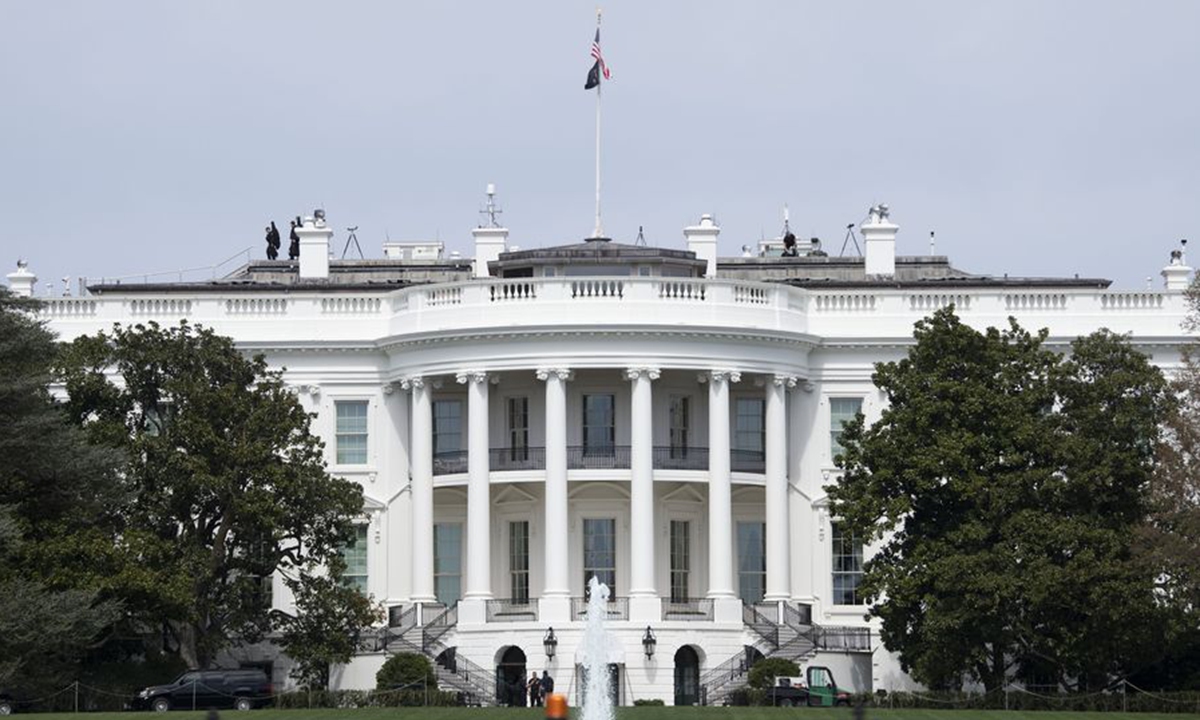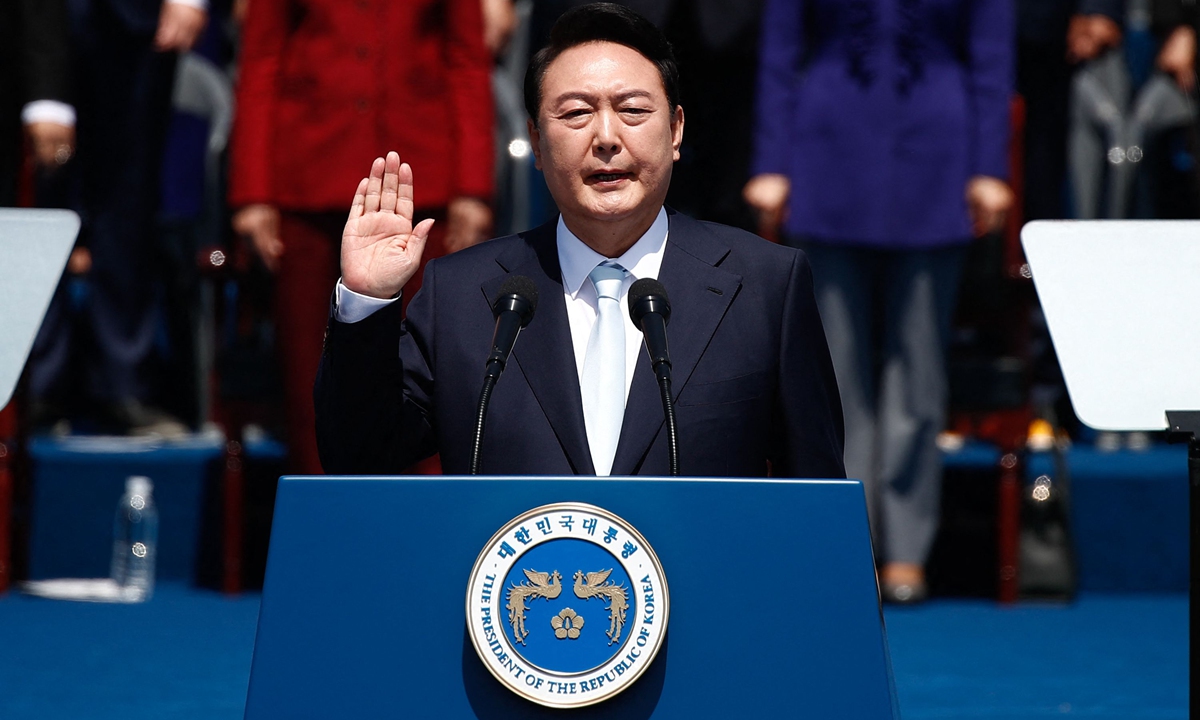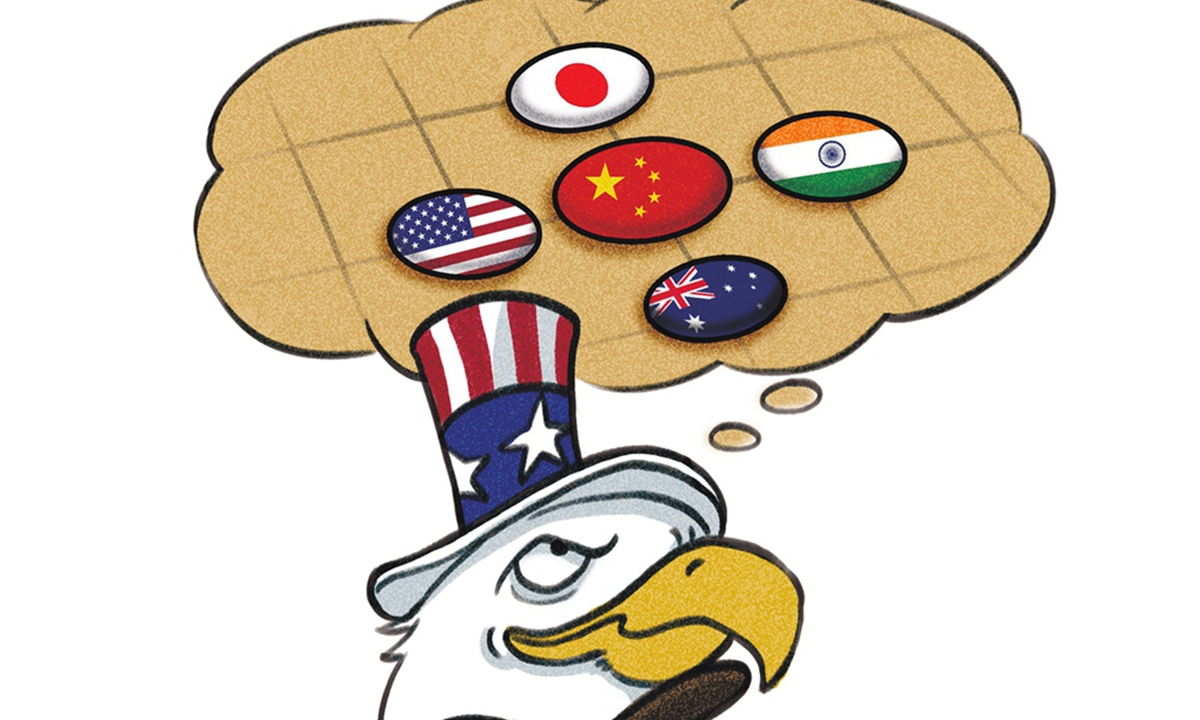Gut Bacteria and Viruses
Human's gut virus composition is as unique as a fingerprint: Study
What is the gut microbiome?
How the food you eat affects your gut - Shilpa Ravella
How the food you eat affects your brain - Mia Nacamulli
Lee’s work titled “The gut virome in two indigenous populations from Malaysia” has been published in the prestigious Nature publication, Scientific Reports.
“The sole purpose of a virus’s life is to multiply, but the irony is that it cannot multiply on its own.”
VIRUSES have been in our lives and newsfeeds almost incessantly in the last two years. We have been double-jabbed and masked for much of this time in an effort to avoid the SARS-CoV-2 virus. As we have learnt, these steps can help limit the spread of Covid-19 and help us avoid infection. But can we avoid viruses entirely? The simple answer is no. The sole purpose of a virus’s life is to multiply, but the irony is that it cannot multiply on its own. Instead, viruses must rely on the cellular machinery from more advanced forms of life – bacteria, plants or animals. How many viruses in total are there in the world at any time? An estimated ten nonillion (1031) is the figure that has been bandied about – a number so enormous that we cannot truly appreciate what it means. There are so many types of viruses occupying so many different hosts and ecosystems that we have no idea of how many categories of viruses there are. Humans carry an astronomical number of viruses all the time. These viruses do not kill us because their targets are the billions of bacteria that reside in our bodies, principally in the gut. A recent paper from Chuen Zhang Lee, an Honours student at Monash University Malaysia, reports progress in identifying bacterial viruses in our guts by using human faeces as the starting material. Lee used faecal matter from two Malaysian Orang Asli groups, the Jehai and the Jakun, to show that the viruses they contain are different from viruses in more frequently studied groups, such as Europeans or Chinese. Lee enriched the viruses in the faeces (as an indicator, of what is actually in the gut) away from all the yucky material, bacterial cells and human cells and extracted the genetic material from this virus enriched material. The viral DNA was then sequenced at the Monash University Malaysia Genomics Facility using a technique that allows one to read long stretches of DNA. Muhammad Zarul Hanifah, who works at the Genomics Facility, assisted Lee in analysing his data. Using this method, Lee recognised approximately half the DNA as coming from known viruses. Based on the viruses he found, he could identify what some of the sample-givers had consumed and their lifestyle and environment. He also identified some of the bacteria in our guts these viruses could attack and therefore, get a partial picture of what types of bacteria could be in our guts. These results start to build up a picture of how our gut health is determined, which can significantly determine our overall health. It is clear that viruses may also have a role in determining gut health – a complex topic. Lee was supervised by a group of researchers including Prof Maude Phipps from the Jeffrey Cheah School of Medicine and Health Sciences, Dr Jeremy Barr from Monash University School of Biological Sciences and Prof Qasim Ayub, Prof Sunil Lal and Prof Sadequr Rahman from the School of Science. Lee’s work titled “The gut virome in two indigenous populations from Malaysia” has been published in the prestigious Nature publication, Scientific Reports. Viruses are clearly ‘cool’ and ‘hot’ right now, and are likely to remain that way for a long time. We look forward to furthering discoveries on viruses and insights into how they can be used to our benefit.To know more about the programmes offered by the School of Science, Monash University Malaysia, visit www.monash.edu. my/science. Alternatively, visit www.monash.edu.my for more information.
Related posts:




 Graphic: Chen Xia/GT
Graphic: Chen Xia/GT

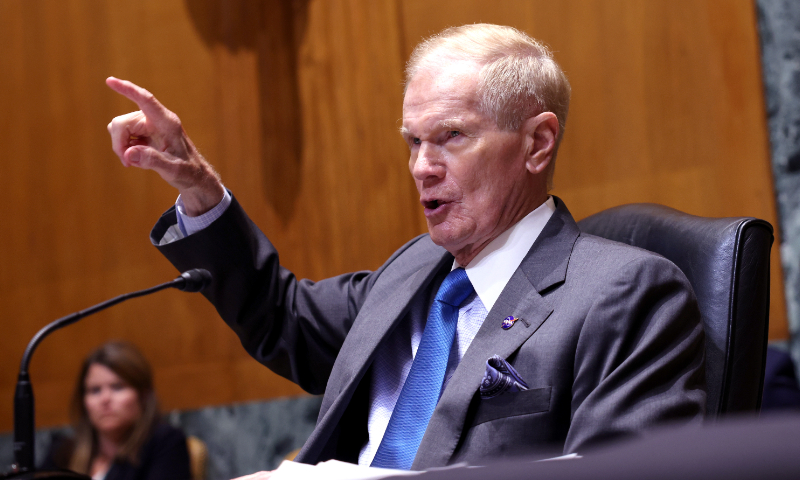

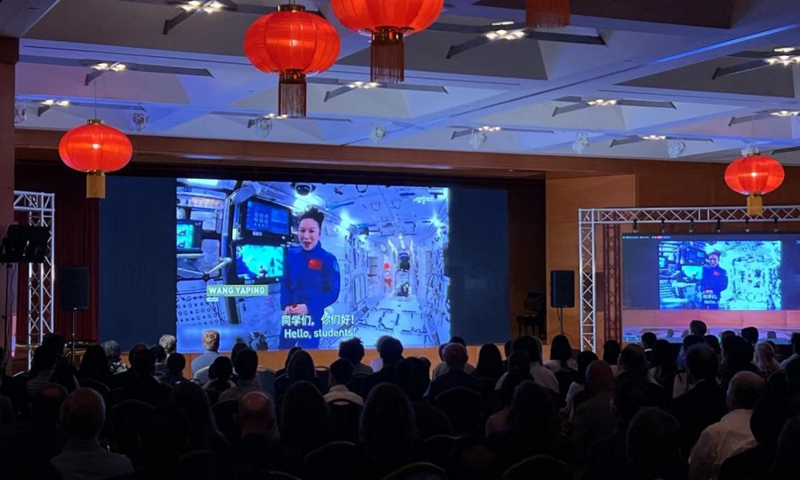











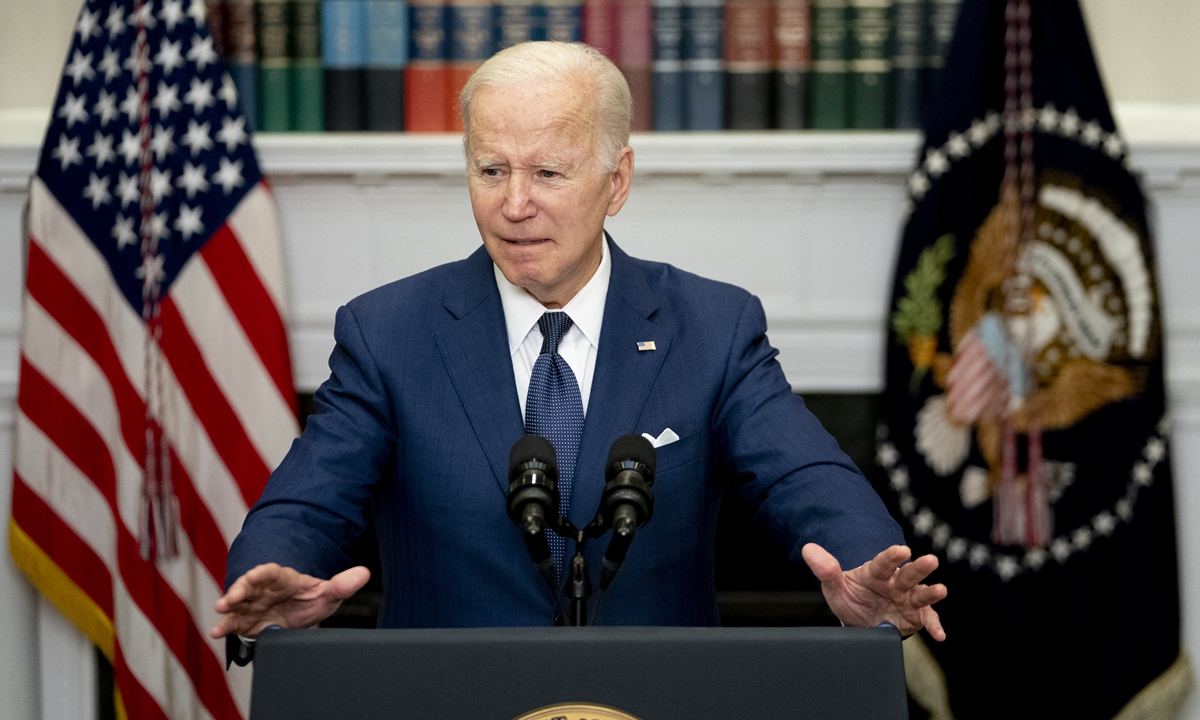





 Statistics from the federal police showed as at May 23, 100 men and 15 women aged between 17 and 41, were still stuck in various countries including Cambodia, Myanmar and Laos.
“We have received a total of 110 police reports on Malaysians stranded abroad after being victims of job scams.
“We believe the victims have been stranded there for at least six months. We are actively pursuing all cases to assist the victims,” he added.
Police reports were lodged by the victims’ families after they managed to call home, he said.
“In most cases, the victims managed to inform their family members of their predicament.
“We believe the number of police reports increased after the recent successful rescue of Malaysians abroad, with such cases being highlighted in the media,” he added.
Last month, the Malaysian Embassy in Cambodia said it had rescued more than 60 Malaysians coerced into working for scam call centres over the past few years.
On April 6, 16 Malaysians held captive in Sihanoukville on the south coast of Cambodia were also rescued.
The victims claimed they were duped by offers of jobs as customer service representatives with lucrative salaries for a Cambodian company.
Once in Cambodia, their personal documents were seized and their movements restricted.
Since the reopening of the country’s borders, more dubious job offers were being uploaded on social media, Comm Abd Jalil said.
“Some people are desperate due to a lack of jobs because of the Covid-19 pandemic.
“Among the main factors that enticed victims to such job scams are lucrative salary offers and benefits.
“We believe the convenience of finding a job overseas is also a factor that influenced the victims’ decisions,” he added.
Comm Abd Jallil said initial investigations showed the syndicates were forcing these Malaysians into working in scams and gambling dens.
“We are building more intelligence on the human trafficking syndicates to effectively clamp down on such job scams.
“We are working hard with the Interpol and Aseanapol to track down and rescue victims.
“We are also collaborating with the Foreign Ministry to expedite efforts in rescuing the victims overseas,” he added.
He also appealed for more awareness to prevent others from falling victims.
“We are working with government agencies and NGOs especially the MCA Public Services and Complaints Department on creating more awareness on such job scams.
“We are focusing on the importance of being careful when considering jobs offered overseas via social media,” he said.
Comm Abd Jalil advised the public to know and adhere to local laws and regulations when accepting jobs overseas.
“Before accepting any job offers, do a thorough background check on the prospective employer or company,” he said.
Comm Abd Jalil added that the police welcome information on syndicates that duped Malaysians and forced them to conduct illegal activities overseas.
Statistics from the federal police showed as at May 23, 100 men and 15 women aged between 17 and 41, were still stuck in various countries including Cambodia, Myanmar and Laos.
“We have received a total of 110 police reports on Malaysians stranded abroad after being victims of job scams.
“We believe the victims have been stranded there for at least six months. We are actively pursuing all cases to assist the victims,” he added.
Police reports were lodged by the victims’ families after they managed to call home, he said.
“In most cases, the victims managed to inform their family members of their predicament.
“We believe the number of police reports increased after the recent successful rescue of Malaysians abroad, with such cases being highlighted in the media,” he added.
Last month, the Malaysian Embassy in Cambodia said it had rescued more than 60 Malaysians coerced into working for scam call centres over the past few years.
On April 6, 16 Malaysians held captive in Sihanoukville on the south coast of Cambodia were also rescued.
The victims claimed they were duped by offers of jobs as customer service representatives with lucrative salaries for a Cambodian company.
Once in Cambodia, their personal documents were seized and their movements restricted.
Since the reopening of the country’s borders, more dubious job offers were being uploaded on social media, Comm Abd Jalil said.
“Some people are desperate due to a lack of jobs because of the Covid-19 pandemic.
“Among the main factors that enticed victims to such job scams are lucrative salary offers and benefits.
“We believe the convenience of finding a job overseas is also a factor that influenced the victims’ decisions,” he added.
Comm Abd Jallil said initial investigations showed the syndicates were forcing these Malaysians into working in scams and gambling dens.
“We are building more intelligence on the human trafficking syndicates to effectively clamp down on such job scams.
“We are working hard with the Interpol and Aseanapol to track down and rescue victims.
“We are also collaborating with the Foreign Ministry to expedite efforts in rescuing the victims overseas,” he added.
He also appealed for more awareness to prevent others from falling victims.
“We are working with government agencies and NGOs especially the MCA Public Services and Complaints Department on creating more awareness on such job scams.
“We are focusing on the importance of being careful when considering jobs offered overseas via social media,” he said.
Comm Abd Jalil advised the public to know and adhere to local laws and regulations when accepting jobs overseas.
“Before accepting any job offers, do a thorough background check on the prospective employer or company,” he said.
Comm Abd Jalil added that the police welcome information on syndicates that duped Malaysians and forced them to conduct illegal activities overseas.

.jpeg)
